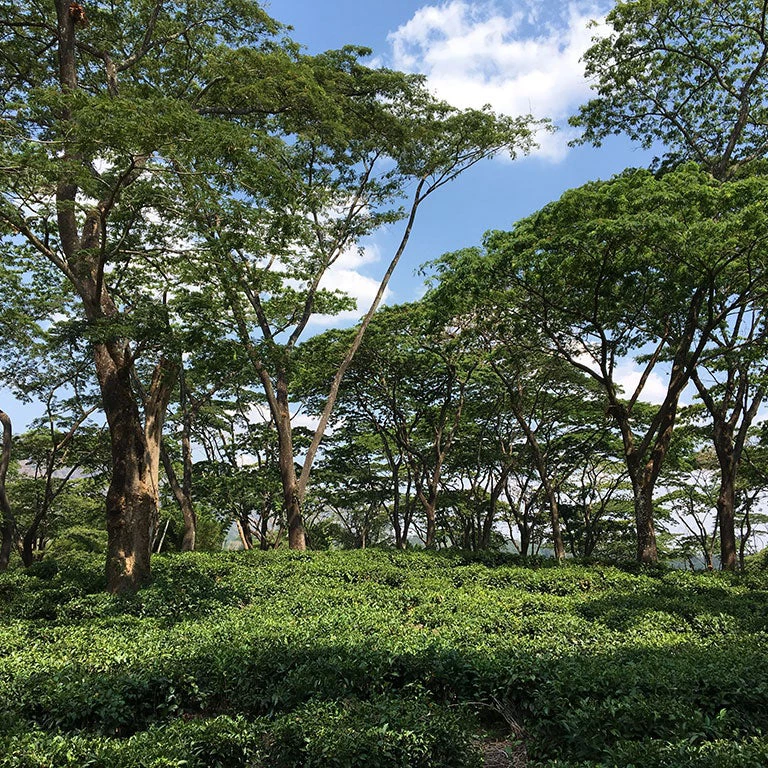 With natural forests covering 43% of the country, forests are a source of employment, income, and livelihoods in Mozambique’s rural areas. Photo: Andrea Borgarello/World Bank
With natural forests covering 43% of the country, forests are a source of employment, income, and livelihoods in Mozambique’s rural areas. Photo: Andrea Borgarello/World Bank
Mozambique’s forests cover nearly half of the country and play a key role in the economy and the livelihoods of millions. However, deforestation and overexploitation are reversing the country's development path and escalating food insecurity. In spite of these challenges, we have seen hope and a chance to make a difference.
Throughout the years, the World Bank has supported Mozambique's sustained efforts to help people who heavily depend on natural resources escape poverty. This has been achieved by protecting the environment, bringing back trees, and minimizing climate change impacts.
The work has paid off. Between now and 2024 Mozambique will receive up to $50 million across four scheduled payments for verified emission reductions from the Carbon Fund of the Forest Carbon Partnership Facility (FCPF), a global partnership paying countries for successfully reducing emissions from deforestation and forest degradation (commonly known as REDD+).
Forests contribute directly to the well-being and food security for the local community and provide habitat for rich biodiversity, mitigate climate change, and sequester carbon. However, this rich natural resource is under extreme pressure and threat, due to demand for small-scale slash-and-burn agriculture, land for crops, timber, and charcoal production. These unsustainable practices have led to land degradation and taken a toll on the once-thick forests. These factors are aggravated by climate change and an increase in the frequency of destructive floods. The extent of forest destruction is striking. Mozambique has an annual deforestation rate of 0.79%, representing an annual loss of almost 267,000 hectares of forest, the equivalence of 1,000 soccer fields, every day.
The Zambézia Province exemplifies how the landscape is affected. Located in the central region, Zambézia always enchants us with its amazing native forests, extensive biodiversity, and unique landscapes. However, between 2001 and 2016, the province lost 5 percent of its forest cover. As one of the poorest and most populous provinces in the country, Zambézia offers limited access to alternative sources of income. The rural population is therefore caught in a vicious cycle of poverty: Forest degradation generates greenhouse gases that drive climate change, which exacerbates droughts and flooding, further stresses fragile ecosystems and limits livelihoods opportunities.
None of this would be possible without the recognition that forests can be a significant source of income and a key contributor to poverty alleviation. But even if the path towards sustainability in forest management is long, this first ERPA payment marks a significant step forward.
If we combine our ambition with integrated action at-scale, we can protect natural ecosystems and adapt to a changing climate for the benefit of both people and the planet. Initiatives like the ERPA Mozambique are a win-win approach, a triumph for ecosystem restoration and at the same time, a triumph in job creation and resilient livelihoods that are so critical as communities face the pandemic.
We hope that Mozambique and specifically, the Zambézia Province, will serve as examples for other countries to follow and use the ERPA to promote the conservation of forests.



Join the Conversation